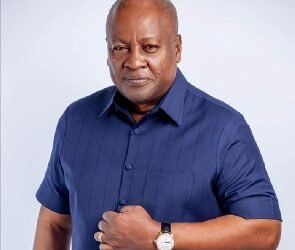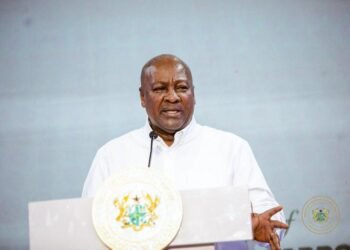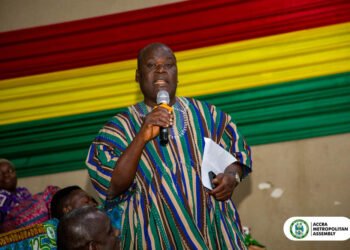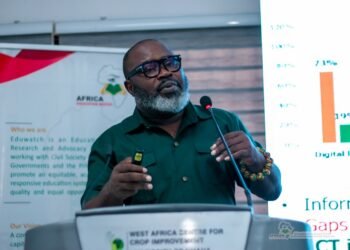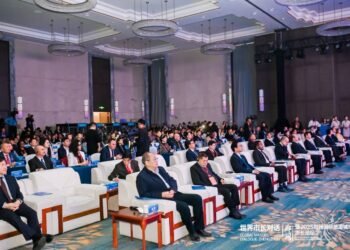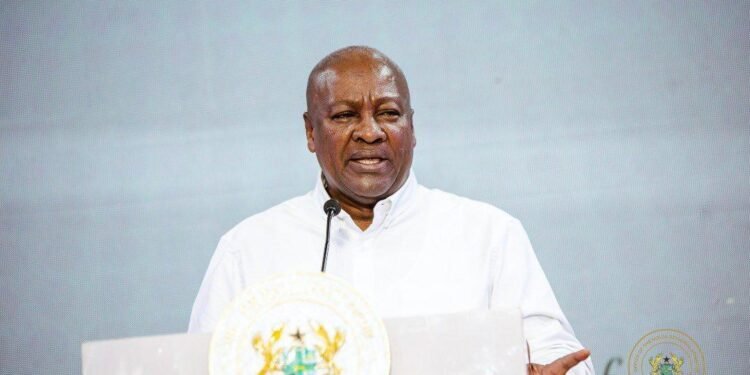The Attorney General and Minister for Justice, Godfred Yeboah Dame, has taken a firm legal stance on the controversial issue of whether a sitting Member of Parliament (MP) should vacate their seat if they express intent to contest future elections under a different political party or as an independent candidate.
This position is highlighted in his statement of defense filed in the Supreme Court in response to the case of Alexander Afenyo-Markin versus The Speaker of Parliament (1st Respondent) and the Attorney General (2nd Respondent).
The Attorney General, acting as the 2nd Respondent, submitted a 37-page statement of defense, thoroughly outlining his position on this complex constitutional matter.
His defense delved into constitutional interpretation, highlighting key issues related to the powers of Parliament, the role of the Supreme Court in interpreting the Constitution, and the constitutional implications of an MP expressing intent to switch political allegiances.
“The Court’s original and exclusive jurisdiction to determine the constitutionality of any act or omission by any person in Ghana is not ousted by any law.”
Godfred Yeboah Dame, Attorney General and Minister for Justice
He argued that this case raises valid questions that require constitutional interpretation and, therefore, the Supreme Court’s jurisdiction has been correctly invoked.
The Attorney General affirmed that “a genuine case for interpretation of the Constitution correctly invokes the jurisdiction of the Court under articles 2(1) and 130(1) of the Constitution.”

Central to the Attorney General’s argument is the question of whether an MP’s expressed intention to contest a future election under a different political ticket or as an independent candidate amounts to the vacation of their seat in the present Parliament.
The Attorney General argued that merely expressing an intention to contest a future election does not, by itself, trigger a vacancy in the current Parliament. The Constitution, he asserted, does not provide for such an eventuality.
The Attorney General addressed the specific scenario where an MP files nominations to contest a future election under a different political identity.
He contended that the filing of such nominations does not amount to the vacation of the MP’s seat in the present Parliament.
Whether the MP was elected as an independent candidate or as a member of a political party, their decision to file nominations for the next election under a different banner does not disrupt their current mandate.
The Attorney General reminded the court that Parliament operates for a fixed term, as determined by the Constitution. Consequently, any change in an MP’s political intentions for future elections does not affect their right to serve out their term in the current Parliament unless explicitly stated by the Constitution.
“The filing of nomination by a sitting MP to contest a future parliamentary election on the ticket of a political party, when he had been elected for the life of the current Parliament, as an independent candidate, does not result in a vacation of a seat.”
Godfred Yeboah Dame, Attorney General and Minister for Justice
Lastly, the Attorney General stressed that all arms of government, including Parliament, are subject to the Constitution.
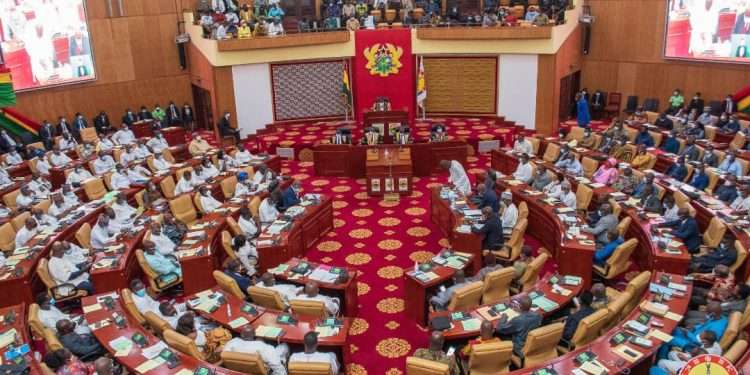
Consequently, any decision or ruling made by Parliament, including those by the Speaker, is amenable to judicial review by the Supreme Court if it is deemed unconstitutional.
This point underscores the Attorney General’s belief that the Speaker’s ruling on the matter of MP seat vacation can and should be subject to the Supreme Court’s review.
In summary, the Attorney General, Godfred Yeboah Dame presented a robust defense, advocating that the mere intention of an MP to contest future elections under a different political banner does not lead to the vacation of their seat in the current Parliament.
He argued that the Constitution provides clear guidelines for when an MP’s seat becomes vacant, and filing nominations for a future election is not among those conditions.
This case, which is set to be heard by the Supreme Court, will have far-reaching implications for Ghana’s parliamentary system, as it will determine the constitutional boundaries between political intentions for future elections and the stability of current parliamentary representation.
The Attorney General’s legal stance, which champions a strict interpretation of the Constitution, will be central to the court’s final determination.
READ ALSO: Kuami Eugene Applauds Empress Gifty Over Impressive Song Promotion




